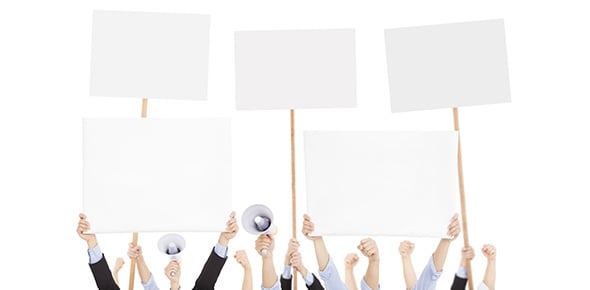U.S. History Standards Questions: Progressivism & Following
20 Questions
| Attempts: 75
2.
What first name or nickname would you like us to use?
×
Thank you for your feedback!

















